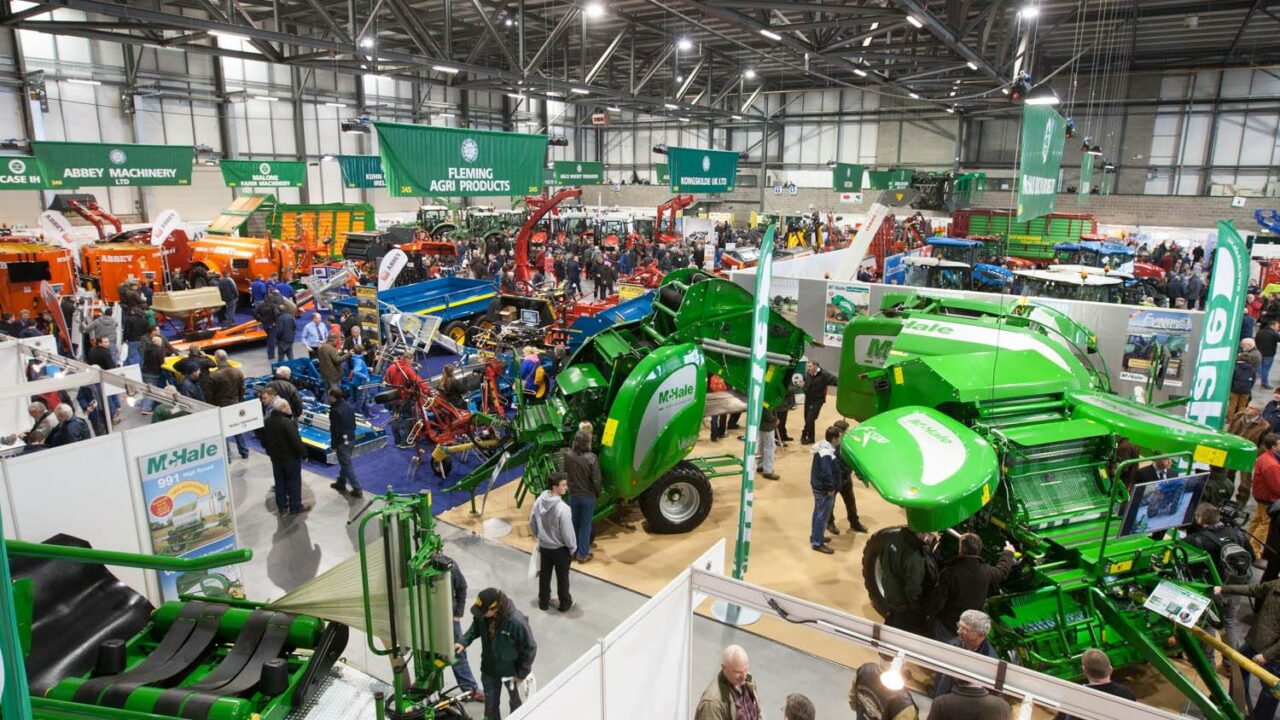The Farm Tractor and Machinery Trade Association (FTMTA) has issued a message to its members on how to properly comply with the Government’s ‘Return to Work Safely’ Protocol.
“Even though our sector has remained operational as an essential service during the lockdown of recent weeks and therefore could not be said to be returning to work as such, we, and all businesses, will be required to implement this protocol,” the FTMTA stressed to its members.
The protocol, which was announced over the weekend by Heather Humphreys, the Minister for Business, Enterprise and Development, “sets the standard set of measures required in every workplace”, the FTMTA said.
Ultimately, if a business doesn’t cooperate and comply with the public health guidelines after being asked to make improvements, the HSA [Health and Safety Authority] will be able to order them to shut down the workplace.
Among the key points of the protocol highlighted by the FTMTA to its members is the need to appoint at least one lead worker representative, who will work with the employer to ensure that Covid-19 measures are strictly adhered to in the workplace.
There must be Covid-19 induction training for all workers to make sure that they are up to speed on the public health advice and guidance.
Employers will issue a pre-return to work form for workers to complete at least three days in advance of the return to work. The FTMTA suggests that all employees, whether they have been at work or not, complete such a form so that they have “a clear starting position”.
The other main points the FTMTA drew attention to are:
- Employers are required to update their safety plans before reopening, in consultation with, and with the agreement of, workers;
- The plan should include measures relevant to Covid-19, including: social distancing; the provision of hand sanitisers, tissues and clinical waste bags; clear procedures around hand-washing and respiratory etiquette; and ensuring proper ventilation on site;
- Employers will keep a log of any group work in order to facilitate contact tracing. Teams working together should be kept as small as possible;
- Employers are required to put a response plan in place, outlining details of how they will deal with a suspected case of Covid-19 in the workplace, including having a designated manager in charge.
If a worker displays any symptoms of the virus during work hours, the designated manager must direct that person to a designated isolation area, along a designated route, all the time maintaining a 2m distance, the FTMTA stressed.
The employer will then arrange for that person to remain in isolation, before arranging for them to be transported home or to a medical facility, avoiding public transport. The employer must also carry out a full risk assessment of the incident to see what – if any – further action needs to be taken.
Breaks and rest periods should be organised so as to facilitate social distancing, and in settings where 2m separation is not possible, alternative protective measures such as installation of physical barriers or plastic sneeze guards should be put in place.
Tractor registrations
The latest figures issued by the association, in relation to registrations of tractors and other types of self-propelled machinery, cover the period to the end of April and record a substantial fall-off in activity when compared to a year ago.
Last month saw 119 units registered, which brings the total for the first four months of the year to 1,015 units, a drop of nearly 8% on the same period last year.
Around 91% of new tractor registrations this year were of tractors over 100hp, while 60% of registrations were in excess of 120hp.
Meanwhile, registrations of self-propelled forage harvesters are “gathering pace”, with 22 unites registered this year to the end of April. However, it is expected that the number of these machines registered this year will be lower than the the total of 60 throughout 2019.
